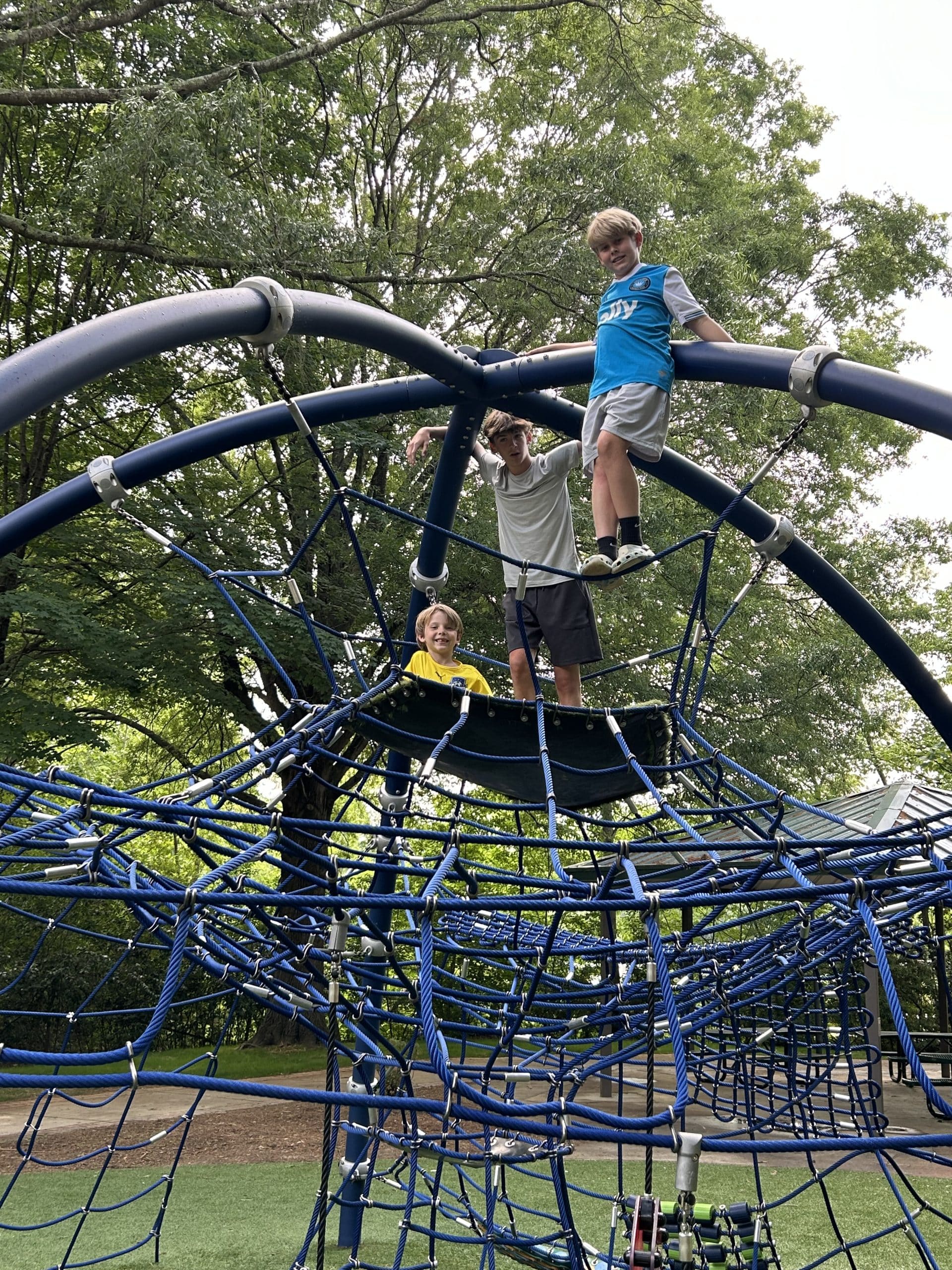Well-being optimizes learning for a positive academic climate. A student’s mental and physical good health enables them to cope with difficulties in school. Students need to be open to changes and ideas to be effective in an innovative classroom. A school that focuses on the well-being of students produces better lifelong learners.
A student’s well-being refers to the teaching of the whole child. It includes a state of psychological, intellectual, emotional, physical, social, and spiritual wellness. Being healthy is quintessential. Students can cope with daily challenges.
Create Well-Being
A student’s well-being doesn’t happen naturally. Many educators focus on achievement and test scores. Thus, they don’t focus on a student’s social and emotional well-being. Implementing some forms of stress reduction doesn’t solve a stress problem for all students. Great schools create well-being.
- Schools give students power. Learning is not teacher directed. When students do not have control of their learning, stress happens. Many teacher-directed activities and assignments do not work for all students. Students have various learning styles and abilities.
- Older students need control of grades. Stress occurs when educators control traditional grading practices. Some teachers subtract points toward grades for behaviors, late assignments, projects, etc. Thus, causing stress for students.
- Control of time is good for all students. Students are less stressed with a flexible schedule for projects and assignments. Also, short breaks during the day allow for stretching, walking, thinking, reading, and chatting with other students. Short breaks give students time to process information.
- Allow a mental health day. This practice is becoming popular. It gives priority to a student’s mental health.
Promote Good Health
Schools that support social and emotional programs into the day report improvements in student behavior.
However, as the problems in education continue with teacher shortages, mental health crises, banning books, and the vilification of some teaching content, social-emotional learning is important.



